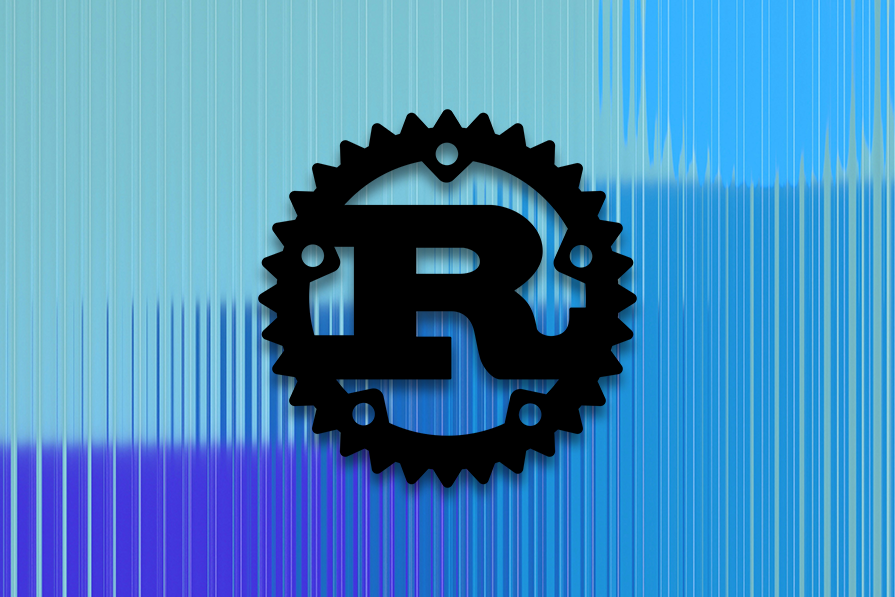Logrocket
4w
4

Image Credit: Logrocket
Exploring the top Rust web frameworks
- Rust is popular for its open source, fast, reliable, and high-performance features, making it ideal for API development.
- Web frameworks in Rust ecosystem for frontend and backend development are diverse, offering different features and benefits.
- Criteria for choosing a Rust web framework include security, flexibility, project size, releases, documentation, and community support.
- Web frameworks streamline web development, automate tasks, and promote code reusability, making it easier for developers.
- Frontend web frameworks like Yew, Perseus, and Sauron offer modern web development features and server-side rendering.
- Leptos, Yew, and Perseus are popular frontend frameworks in Rust ecosystem with varying capabilities and community support.
- Backend web frameworks such as Rocket, Actix Web, Axum, and Warp excel in async support, performance, and ease of use.
- Rust web frameworks like Thruster, Tide, and Gotham offer minimalistic approaches with varying levels of support and community size.
- Each popular Rust web framework has unique features and strengths, catering to different project requirements and developer preferences.
- Real-world developer insights from 2025 suggest preferences for frameworks like Axum, Rocket, and Actix Web based on ease of use and performance.
- Choosing the right Rust web framework depends on project needs, performance considerations, community support, and compatibility with existing tech stack.
Read Full Article
Like
For uninterrupted reading, download the app